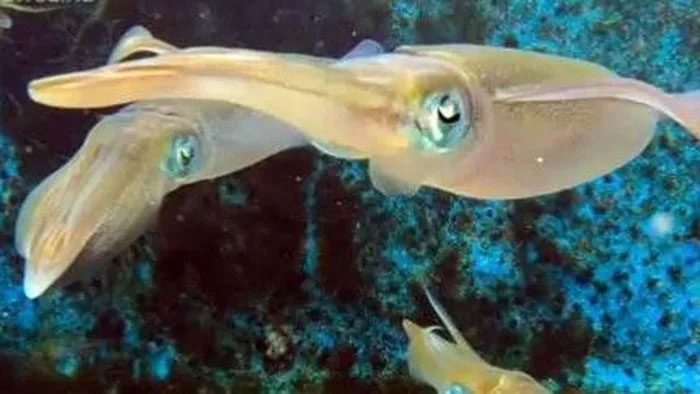A team of scientists from the Okinawa Institute of Science and Technology in Japan has successfully developed a aquaculture system for squid – a type of seafood that is notoriously difficult to farm.

This squid species has been bred stably over 10 generations without any issues.
According to a study, the number of squid species in the waters around Japan has declined since the 1980s. The catch has dropped to about 10% of its peak, and squid prices are rising. In response to this situation, a team of scientists from the Okinawa Institute of Science and Technology has successfully developed an aquaculture system for squid – a type of seafood that is very challenging to cultivate.
Researchers worldwide have attempted to farm squid since the 1960s but have been unsuccessful. The reasons include the aggressive nature of squid, their preference for live prey, and their sensitivity to changes in water conditions. Approximately 450 squid species are believed to exist globally.
The Japanese research team began their study in 2017 by using the oval-shaped, thick-finned squid found offshore from Okinawa Prefecture in southern Japan. They raised the squid from the hatching stage to acclimate them to non-live feed, carefully adjusting the types of food and the size of the water tanks to reduce stress as the squid grew. Their efforts paid off, with the survival rate of squid after 90 days improving from a few percent to over 90%. The team also reported that this squid species has been bred stably over 10 generations without any genetic issues.
Experts at the Okinawa Institute of Science and Technology stated that their aquaculture technique has the potential for commercialization.



















































